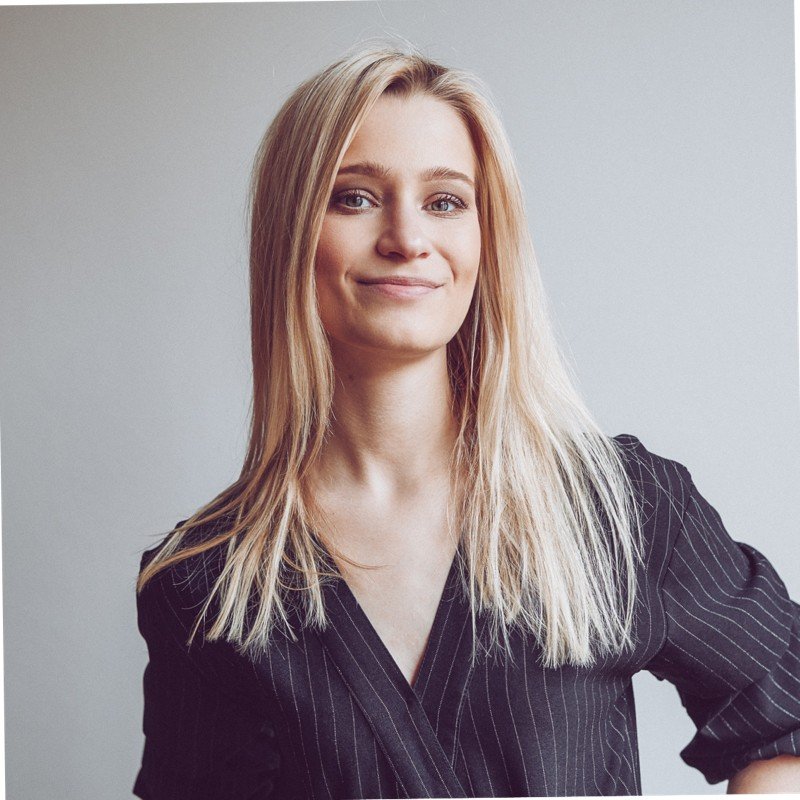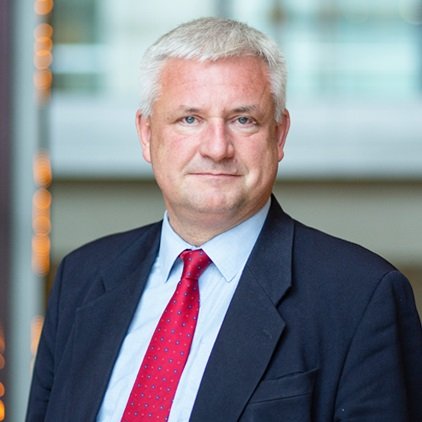Is the accession of the remaining six Balkan states possible or even necessary in light of current crises and conflicts?
(c) harvepino /Fotolia
While the Western Balkans are surrounded by EU member states, the process of accession for the six states has stagnated for years. Nevertheless, the European Commission is pushing for enlargement by 2030 to follow a “call of history”. In its commitment to enlargement, Ursula von der Leyen has suggested that EU treaties may need to be adjusted to pave path for membership for those applicants struggling to meet criteria.
In particular, the cases of Serbia, Kosovo and Bosnia and Herzegovina - where recent and turbulent developments have once again brought to light deep-rooted ethnic fault lines and economic tensions - led some to argue that the West Balkan countries do not conform to the EU’s value system, both politically and economically.
The panel seeks to evaluate common obstacles to EU membership by candidates in the Western Balkan states. Additionally, it raises the questions of whether the EU should continue to push for enlargement - and even consider treaty changes to speed up the process-, or whether it should stay with its set of membership criteria and emphasize clear preconditions for admission?
Croatia, having successfully navigated the path to EU membership, plays a pivotal role in this debate on Western Balkan enlargement. As an exemplar of effective alignment with EU values and standards, Croatia serves as a beacon of hope for countries in the region aspiring to join the Union. Its journey underscores the importance of upholding strict criteria for membership, ensuring that new entrants genuinely embrace the principles of democracy, rule of law (RoL), and respect for human rights to maintain cohesion within the EU.
This is why we are delighted to host our discussion on the EU and the Western Balkans with the Croatian Embassy in Berlin.
Preliminary Event Schedule
6:30pm
Opening remarks & Short Keynote by H.E. Gordan Bakota, Ambassador of the Republic of Croatia
6:45pm
Panel discussion
8:15pm
Reception & Networking
9:10pm
End of event
Meet our speakers
-
Dr. Marina Vulović is an academic assistant at the Chair of International Relations at the University of Potsdam and and a research associate in the project “Geostrategic Competition for the EU in the Western Balkans” at the Stiftung Wissenschaft und Politik, SWP Berlin.
-
Hannah Elten (SPD) is the substitute candidate for Gaby Bischoff (MEP) in the upcoming European elections. She is Co-Chair of the SPD Berlin’s International Affairs Committee and Political Counsellor, as well as Regional Migration Coordinator at the German Embassy Belgrade.
-
Knut Abraham (CDU), is a German member of parliament (MdB) and former diplomat. From 2015 to 2018 he headed the division for bilateral relations with Central, Eastern and South-Eastern Europe, Central Asia and the South Caucasus at the Federal Chancellery. Since 2018, he was Envoy at the German Embassy in Warsaw.
At the Bundestag, he sits on the Foreign Affairs and EU Committees.
-
The panel will be moderated by YSC Deputy Director and Co-Founder Moritz Flössler. When not advancing young voices in European foreign and security policy, Moritz is a public sector consultant focussed on the digital transformation of the defense at Cassini Consulting AG.
Registration
The event is fully booked
This event was made possible thanks to the Croatian Embassy to Germany.







